Should You Use Coconut Oil For Acne?
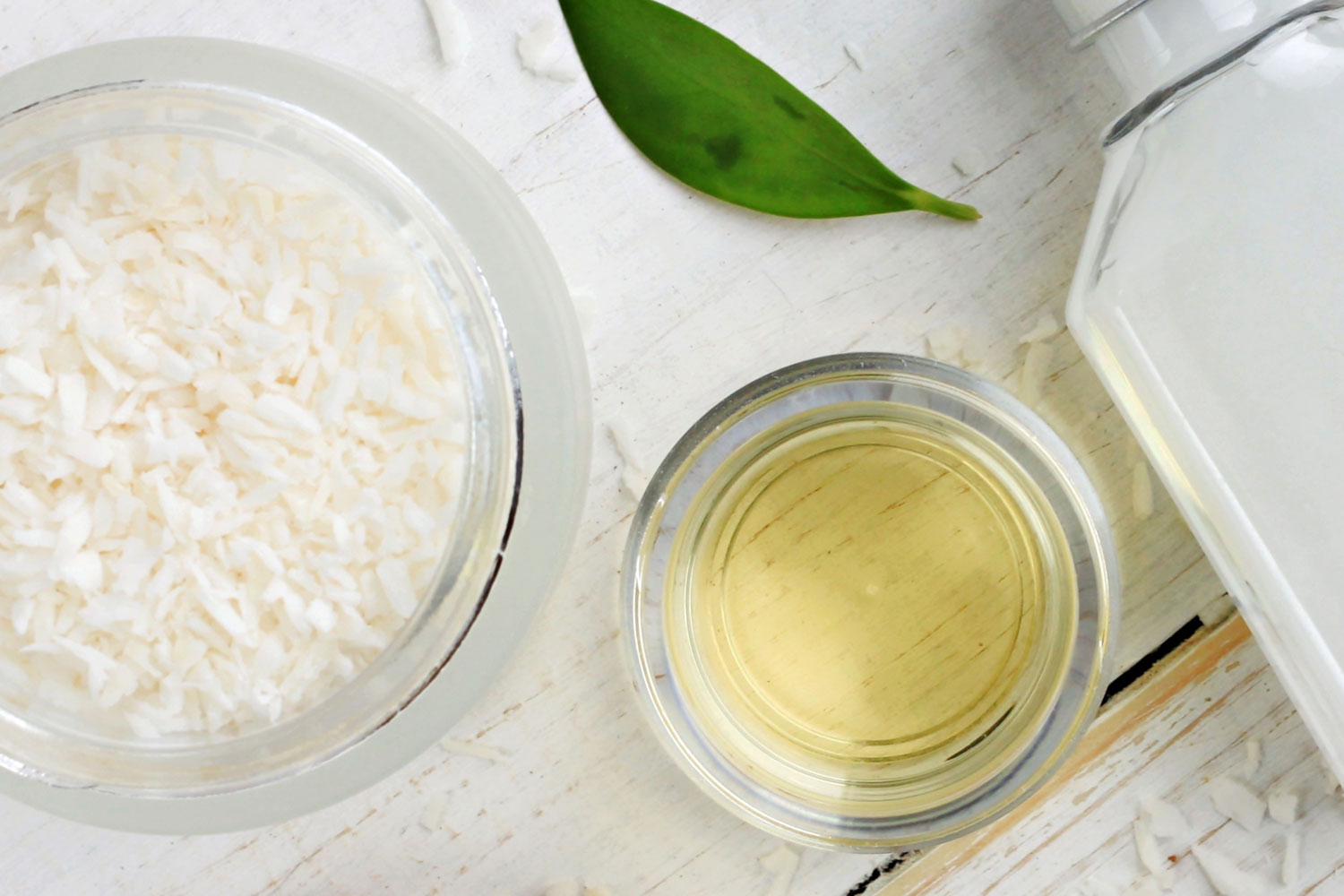
Crazy for coconuts? Coconut oil has risen in popularity as a miracle oil, and with good reason. Research shows that adding coconut oil to your diet may help boost heart health, raise good cholesterol, and protect against hair damage, so you may find yourself wondering if it has any benefits for the skin. You’ve likely heard of people slathering coconut oil on their faces to help with dryness, but what about using coconut oil for acne? Does coconut oil help acne? Or does coconut oil cause acne?
What Is Coconut Oil?
Coconut oil is made by pressing coconut meat to extract the oil. It takes a solid form at cold and room temperatures but can be softened or melted when heated. Coconut oil is nearly 100% fat and mainly composed of saturated fats like lauric acid and myristic acid.
Coconut oil can be used in many different ways; you can cook with it, add it to your favorite smoothie, apply it to your skin and hair, and more. Most grocery stores have refined coconut oil and virgin coconut oil available for purchase. The key difference between the two is that virgin coconut oil undergoes less processing than refined coconut oil, leaving it with a sweeter flavor and added health benefits.
Skin Benefits of Coconut Oil
Interested in moving coconut oil from your kitchen to your skincare shelf? While many prefer to add it to their diet, you can also reap the benefits of coconut oil by using it as a topical natural skincare product. To use it, simply massage a small amount in your hands to warm it up and get to a liquid consistency, then gently apply to your skin. Here are a few skin benefits of coconut oil:
Helps Moisturize Skin
When it comes to skin, coconut oil is best known for its moisturizing benefits due to being rich in fatty acids, which are essential for optimal skin function and appearance. Coconut oil helps retain moisture and protect the skin barrier, making it particularly useful for dry skin. Rather than using it as your sole moisturizing product, it’s best to apply coconut oil towards the end of your skincare routine to seal in hydration from your serum and moisturizer.
Has Anti-Inflammatory Properties
Coconut oil has been shown to help reduce inflammation, particularly inflammation associated with acne. However, research on this skin benefit is limited to animal studies.
Has Anti-Bacterial Properties
Coconut oil is rich in lauric acid, a fatty acid that helps fight off acne-causing bacteria. Lauric acid has even been found to be more effective in inhibiting bacterial growth than benzoyl peroxide, a popular ingredient for battling acne.
So, Is Coconut Oil Good for Acne?
Given that coconut oil is highly moisturizing and has anti-inflammatory and anti-bacterial properties -- all of which are benefits related to acne -- coconut oil must be the perfect solution to treat acne, right? Not so fast. Before slathering coconut oil all over your face, let’s backtrack.
What Causes Acne?
To effectively get rid of acne breakouts, it’s important to first understand what causes acne. According to the American Academy of Dermatology, acne is a skin condition that occurs when pores get clogged with dead skin cells and sebum, a waxy substance that helps lubricate and moisten skin. Teens and kids often experience acne as they go through puberty, since this is when hormonal changes take place and cause an increase in sebum production, but some people deal with acne well past puberty. Those with oily skin are typically more acne-prone since their sebaceous glands are overactive. This excess oil can clog pores and lead to acne breakouts like whiteheads, blackheads, pustules, and papules.
If you’ve done your research on using coconut oil for acne, you probably already encountered the different arguments for both sides. Some people swear by coconut oil, while others breakout instantly after applying it to their skin. So, who do you listen to?
Oily Skin, Beware
If you have oily or acne-prone skin, you may be better off staying away from products and ingredients that feel heavy on the skin and can cause clogged pores, and that includes coconut oil.
To be fair, there are arguments in favor of using coconut oil for oily and acne-prone skin. Some see positive results, arguing that coconut oil binds with sebum and pulls out impurities while nourishing your skin with vitamin E and fatty acids. But as we’ve said many times before, everyone’s skin is different -- what works for someone else may not work for your skin and vice versa.
However, it’s certainly worth mentioning that coconut oil has a rating of 4 on the comedogenicity scale, making it moderately comedogenic. The comedogenicity scale ranks oils and butters on their likelihood of clogging pores from 0 to 5. A rating of 0 means the ingredient won’t clog pores at all whereas a rating of 5 means the ingredient is highly likely to clog pores, which brings us to two questions: Does coconut oil cause acne? Does coconut oil clog pores? The simple answer to both is yes, it could. Your best bet is to try coconut oil for yourself and see how your skin responds. If you’re willing to give it a try, remember to do a patch test first!
But Not All Oils Are Bad!
Those with oily or acne-prone skin are often instantly turned off by any ingredient containing the word ‘oil’, and resort to aggressive products that dry out their skin with hopes that doing so will reduce oiliness. However, this actually causes the skin to overcompensate by producing more oil. Just because there are downsides to coconut oil for acne doesn’t mean the party should be ruined for all oils. Don’t make the mistake of assuming all oils make acne worse.
There are oils that are non-comedogenic and can be added to your daily routine without fear of causing a breakout. Non-comedogenic oils include grapeseed oil, sunflower seed oil, and sweet almond oil. Be sure to do your research and check ingredient labels so you can make the best shopping decisions for your skin.
What Should I Use For Acne Instead?
There are much better (and proven) ingredients and natural remedies for acne out there that are better equipped to keep your skin glowy and clear for good. As supported by the US Food & Drug Administration, the best acne treatment for you will depend on the severity of your breakouts, but the two ingredients at the top of our list are salicylic acid and niacinamide.
Salicylic Acid
Salicylic acid is a beta-hydroxy acid so it’s oil-soluble and can penetrate deeper into the pores compared to alpha-hydroxy acids like benzoyl peroxide. It’s known for being a powerful acne-fighting ingredient that clears pores of dirt, oil, and bacteria. Salicylic acid works best for mild to moderate acne plus it’s a chemical exfoliant so it helps gently remove dead skin cells, promote cell turnover, and prevent future breakouts.
Our vegan acne treatment gel, Treat, is made with 2% salicylic acid and soothing oat kernel, and can be found in our 3-step Clear Skin Routine. This routine is clinically proven to clear breakouts in as little as two weeks, and is also formulated to help visibly reduce redness and hyperpigmentation and even skin tone and texture.
Clearer skin in as little as two weeks.
This 3-step routine combines the most effective (clinically-proven) acne fighting ingredients with powerful plant intelligence to leave your skin nourished, refreshed, and clear.
Learn More
Niacinamide
In addition to the pesky bumps and blemishes, acne usually involves irritation and inflammation that results in redness and potential acne scarring. Niacinamide, also known as vitamin B3, is an antioxidant that helps reduce inflammation, repair skin damage, reduce the appearance of pores, even skin tone and visibly minimize fine lines and wrinkles. Sounds like the ultimate ingredient, right? Niacinamide is often found in serums like our Zen Ultracalming Serum, which is designed to help soothe redness and calm skin.
Let's Get Zen
Ultra Calming serum packed with plant power to soothe, calm and nourish the skin.
Calm Skin
Abby Vinas
Abby Vinas has long been an active member of the holistic health community, advocating in favor of its benefits to both our physical and emotional well-being. Her commitment to leading a healthy lifestyle has made her an authority on self-care practices. Abby is passionate about fitness, nutrition, and proper skincare, and is also an avid lover of avocado toast and dog-petting.
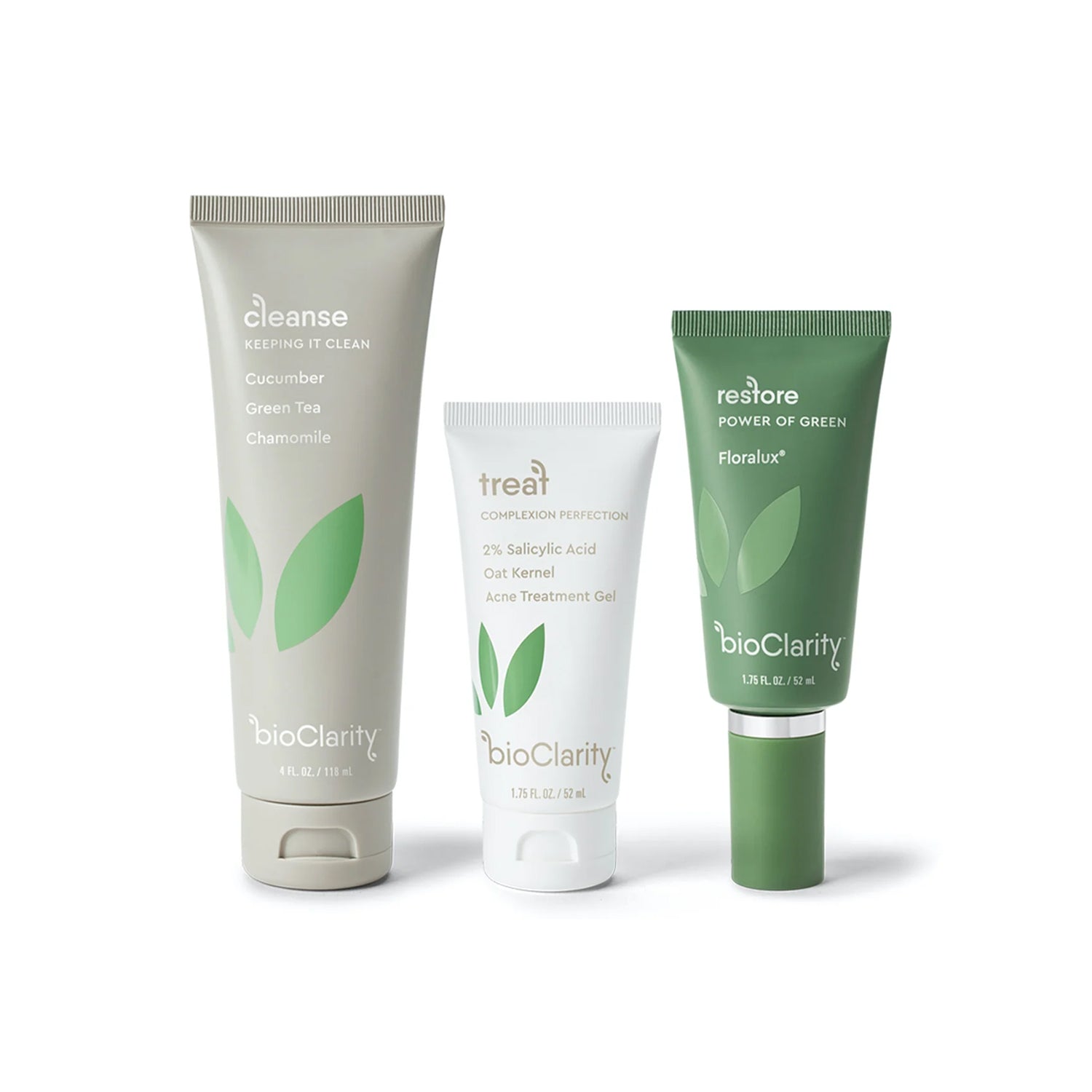
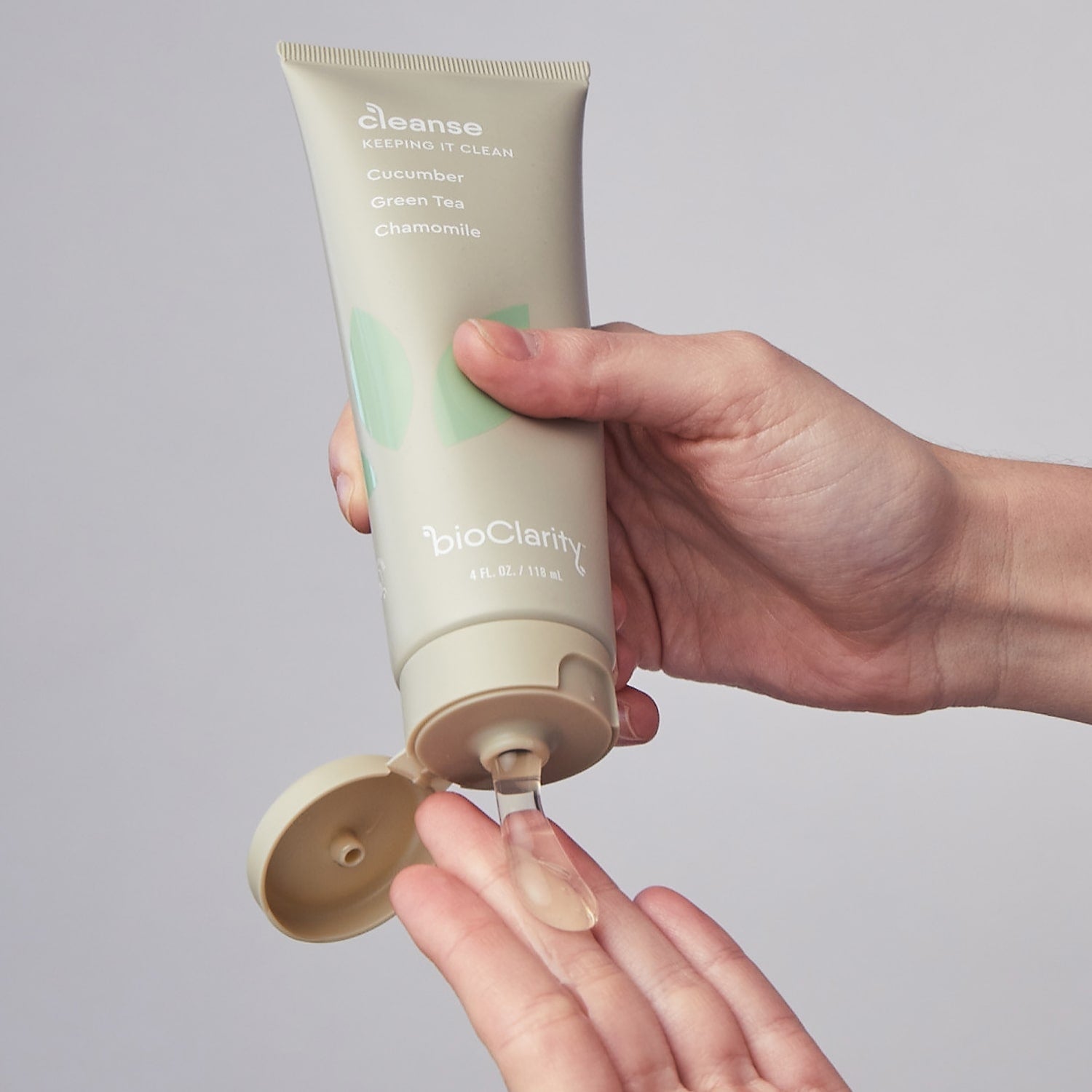
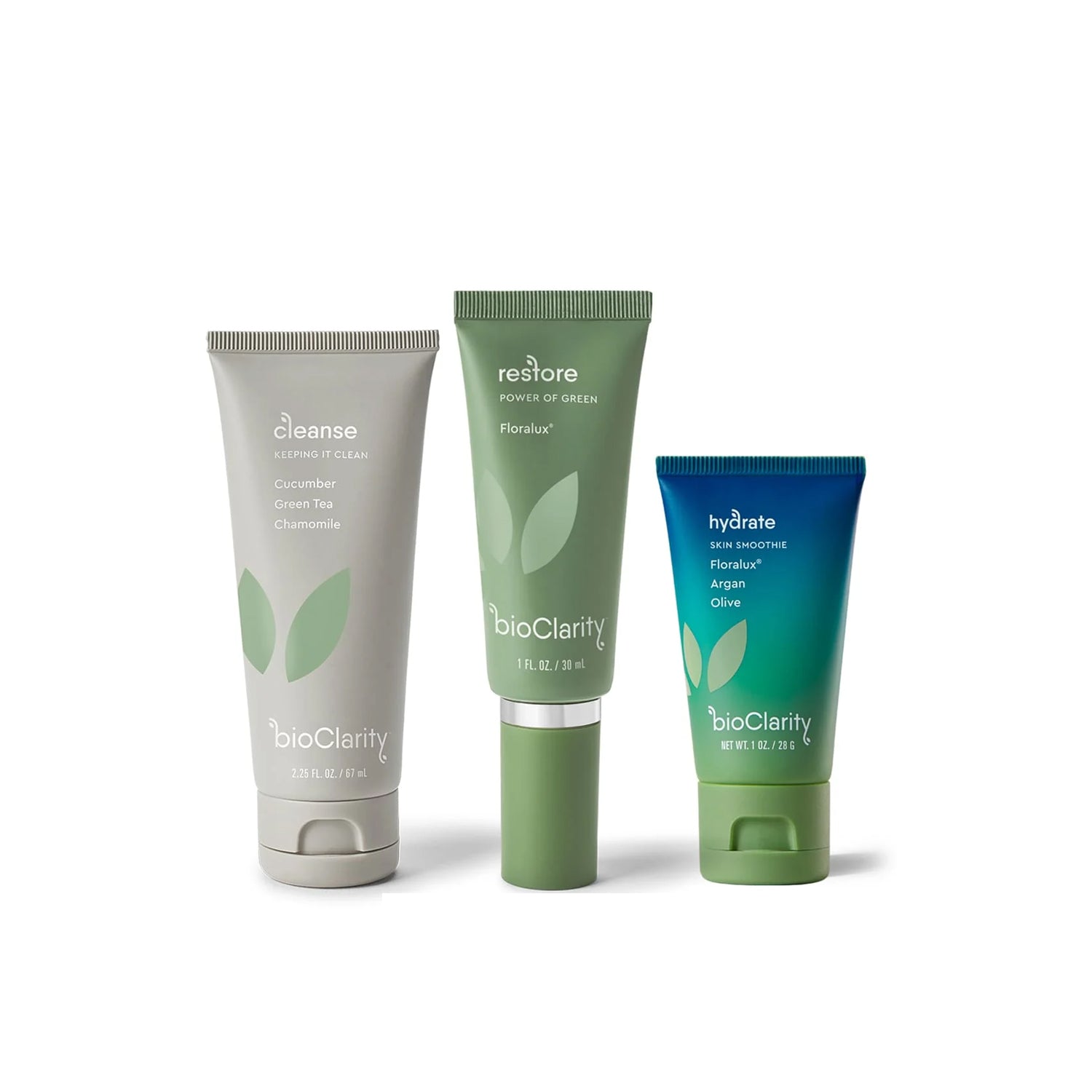
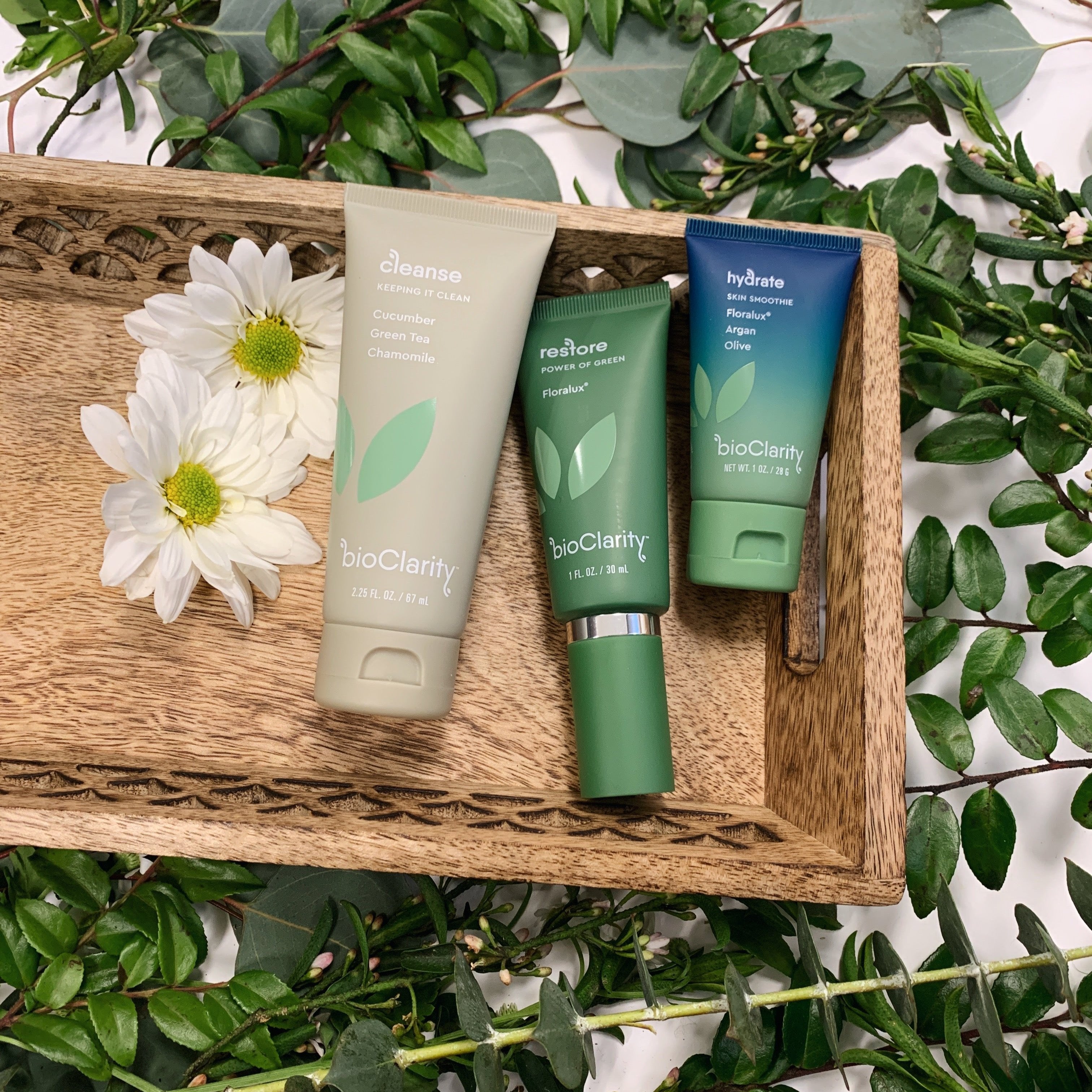
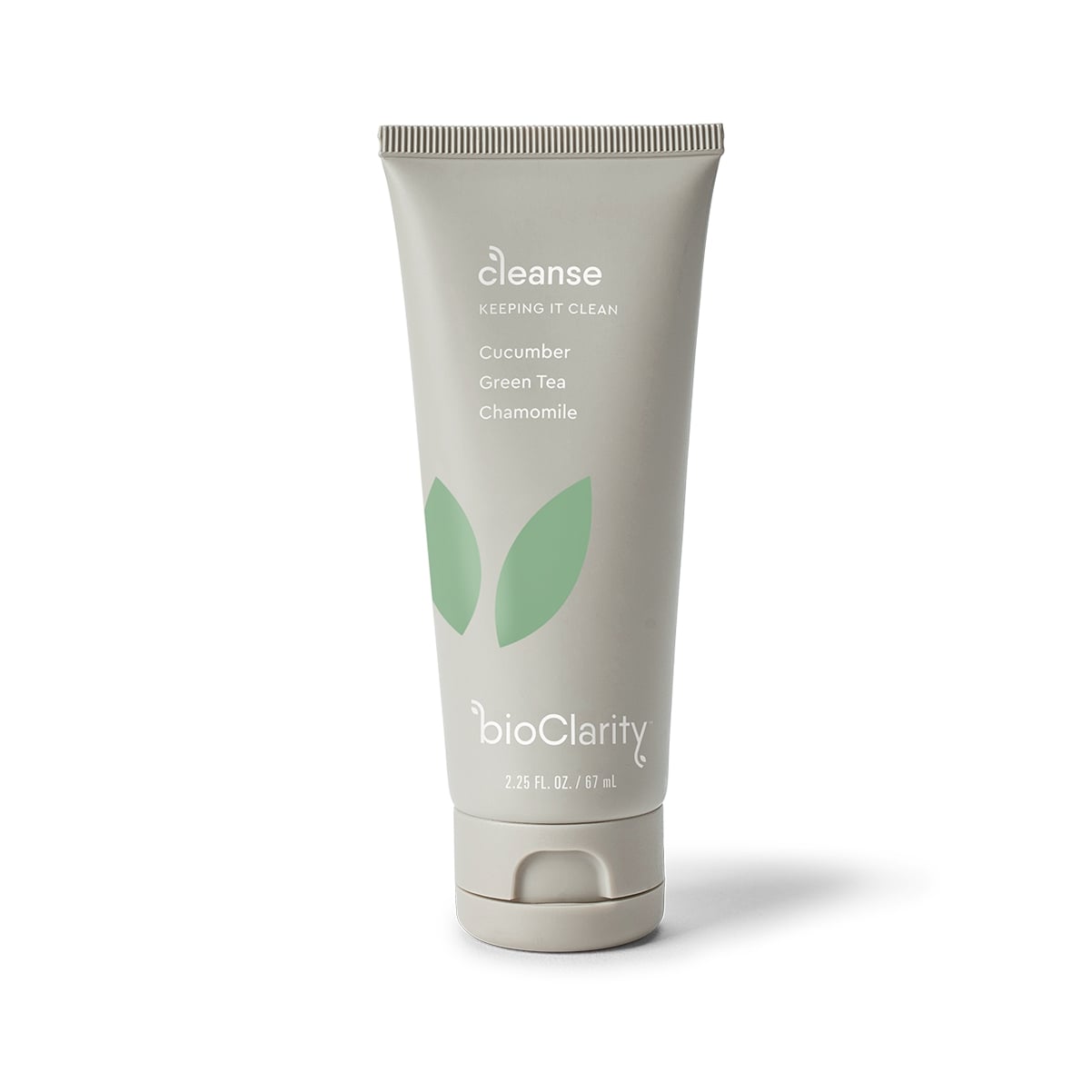
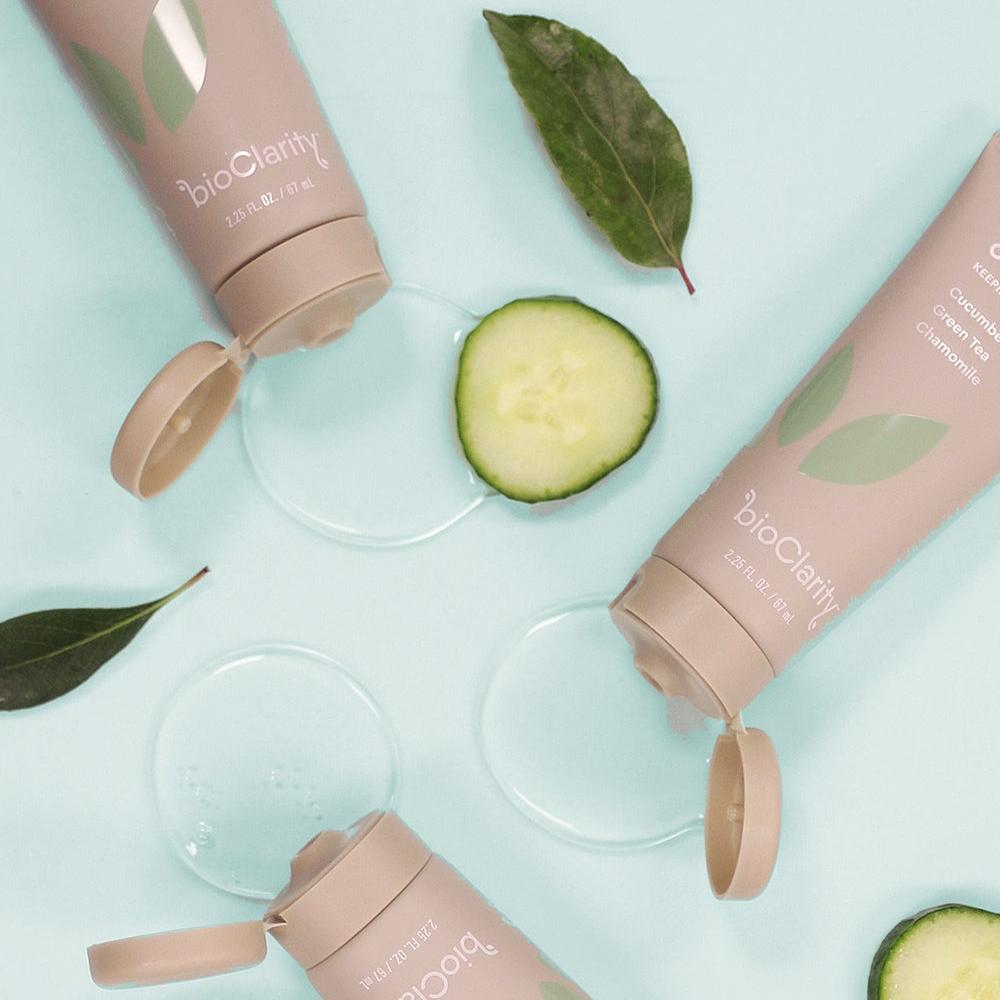



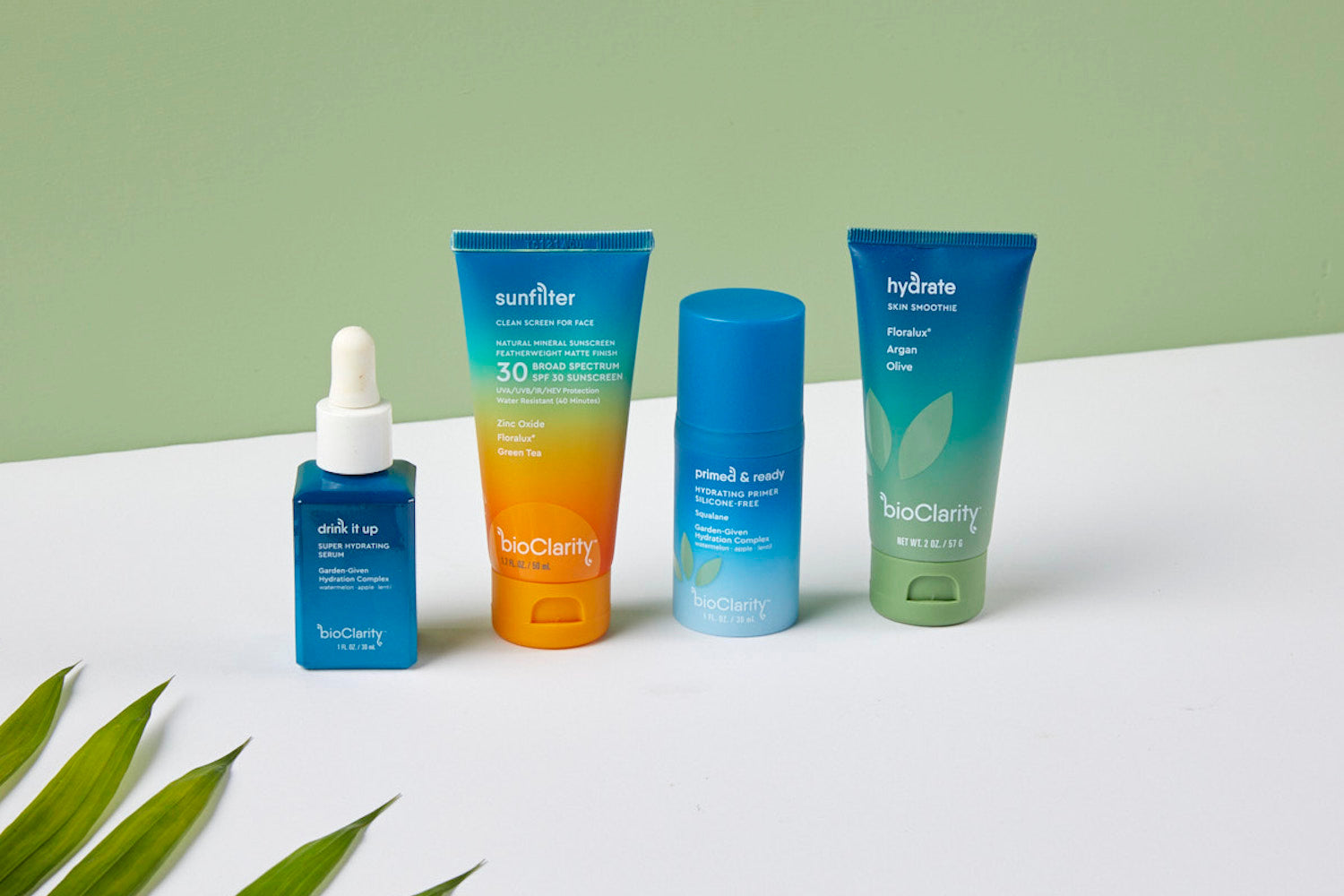
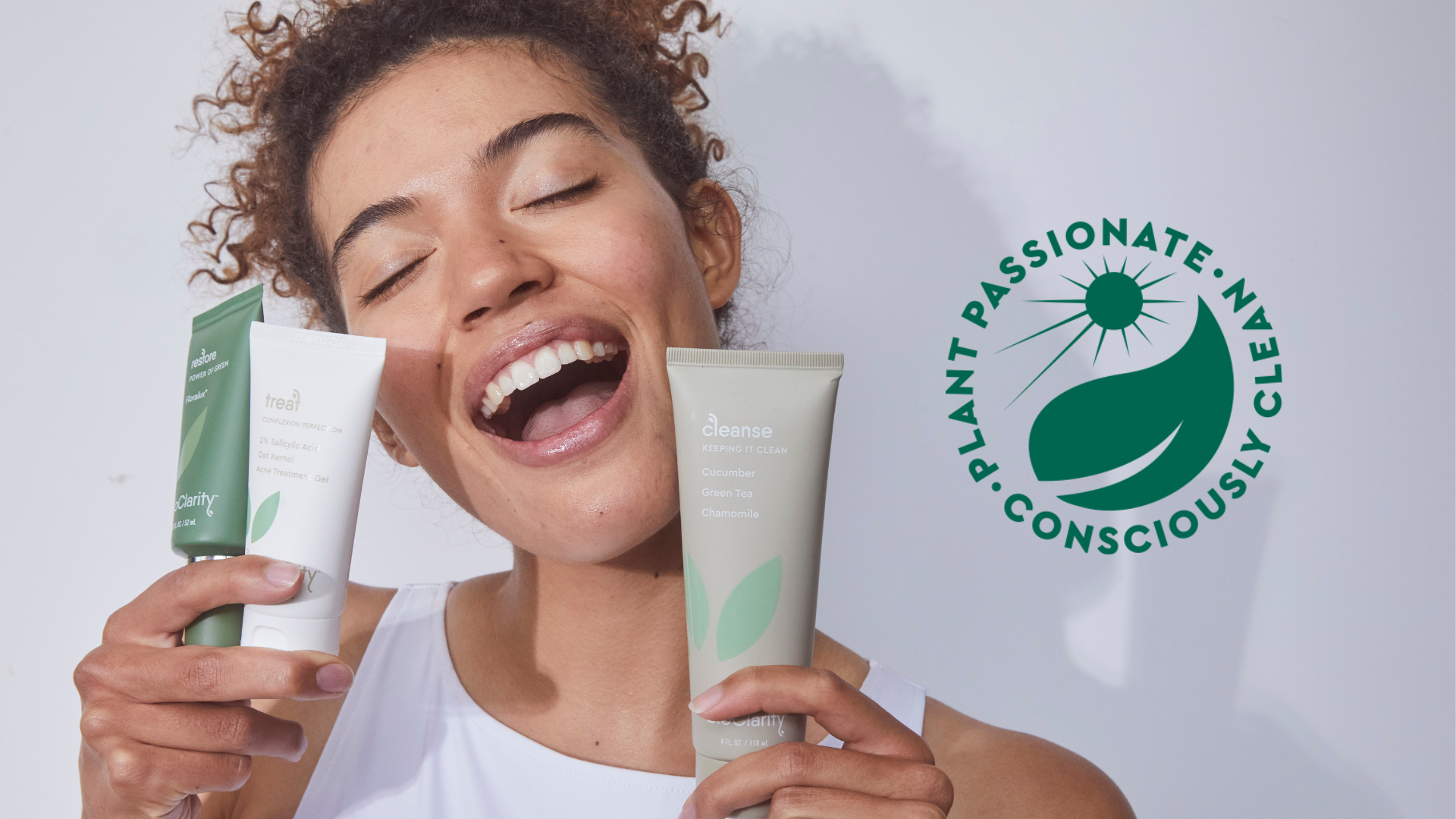

Comments